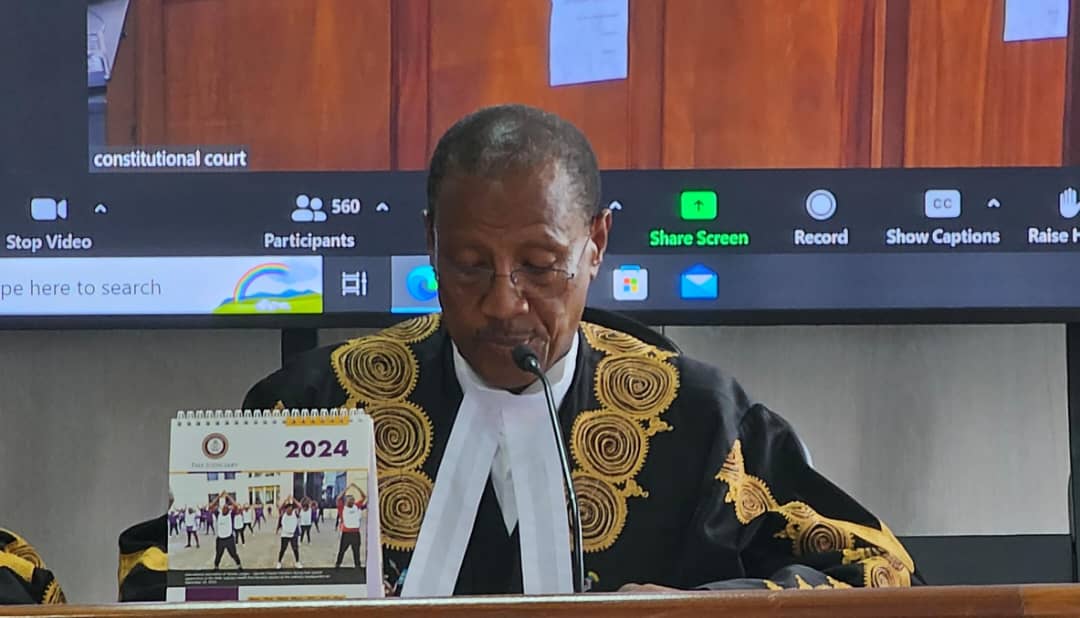
In a closely watched decision, Uganda's Constitutional Court rendered a verdict on Wednesday regarding the Anti-Homosexuality Act (AHA), stirring mixed reactions among stakeholders. The panel of five justices delivered a judgment that upheld certain contentious provisions of the law while nullifying others, marking a significant development in the ongoing legal battle surrounding LGBTQ+ rights in the country.
The ruling struck down clauses within the AHA that had imposed criminal penalties on property owners who rented out premises to individuals engaging in activities deemed illegal under the law. This move was welcomed by some as a step towards safeguarding property rights and mitigating potential unintended consequences of the legislation. Additionally, provisions that directly obstructed access to health services were nullified, a decision applauded by advocates for public health and human rights.
However, the court upheld the legality of prohibiting advocacy, activism, and organizing of campaigns supporting LGBTQ+ rights, a decision that disappointed activists and drew criticism from international observers. This aspect of the ruling maintains the criminalization of individuals and organizations promoting LGBTQ+ rights, perpetuating a contentious issue that has drawn condemnation from human rights groups and Western nations.
The AHA, originally enacted in 2014 and subsequently struck down by the Constitutional Court, was reintroduced by Parliament, triggering a fresh wave of controversy and international condemnation. Western sanctions, including restrictions from the World Bank and the United States, were imposed in response to the reenactment of the law, highlighting the global significance of Uganda's stance on LGBTQ+ rights.
President Yoweri Museveni's interpretation of the law, emphasizing restrictions on recruitment and promotion of homosexuality rather than mere identification, has been met with skepticism by critics who argue that it perpetuates discrimination and violates fundamental human rights. Despite Museveni's efforts to clarify the government's position, including in his State of the Nation Address, the retention of provisions prescribing severe penalties, including the death penalty for aggravated homosexuality, remains a point of contention.
In response to the court's ruling, activists expressed both disappointment and determination to continue their fight for equality and justice. Journalist Andrew Mwenda, one of the petitioners challenging the AHA, criticized the justices for what he perceived as a failure to prioritize constitutional principles over cultural prejudice. Mwenda vowed to appeal the decision to the Supreme Court, signaling ongoing legal battles in pursuit of LGBTQ+ rights.
The ruling leaves Uganda at a crossroads, balancing domestic cultural norms with international pressure to uphold human rights standards. As the country grapples with the complexities of LGBTQ+ rights, the debate is far from over, with implications extending beyond its borders as the global community closely monitors developments in Uganda's legal landscape.











